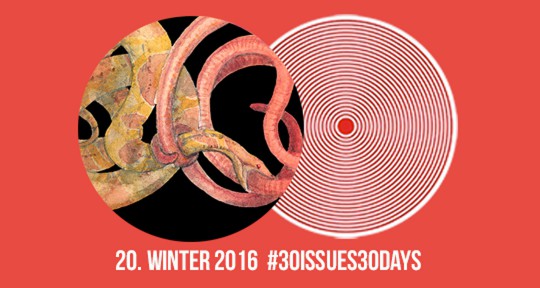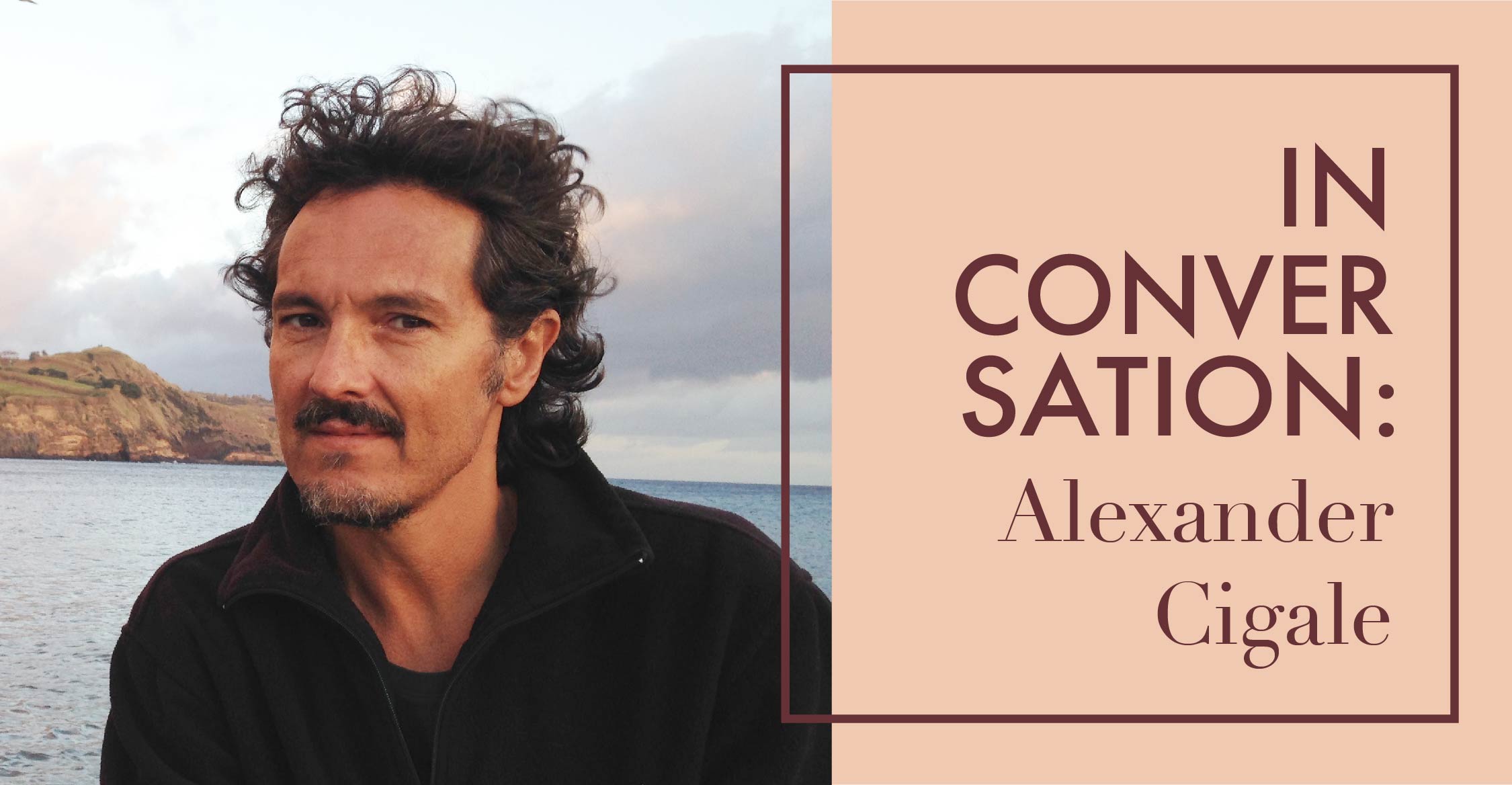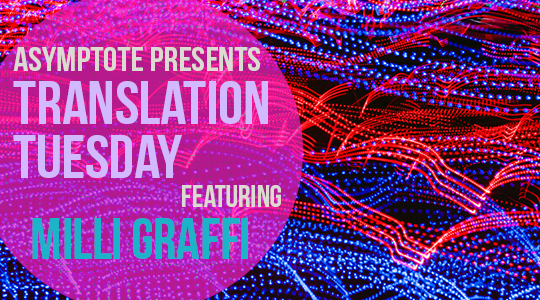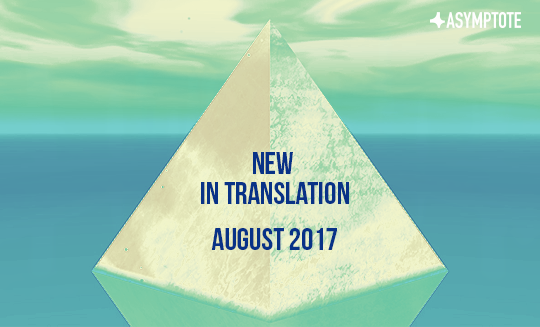Daniel Hahn’s Ask a Translator column, in which he fields questions about his craft posed by Asymptote readers, kicks off at the blog. What should have been a happy occasion (our fifth anniversary, celebrated in New York, London, Hong Kong, Ottawa, Chicago, and Belgrade) is marred somewhat by a quarrel with one of our partner institutions. I should first note that the success of the past year (2015) has been a true double-edged sword: although it has bestowed greater visibility (which has in turn brought us partnerships with hitherto-undreamt-of international reach—all the better, I suppose, to catalyse the transmission of literature), our own team members are more coveted by other organizations as a result. Since these are paying organizations (either non-profits with institutional backing or for-profit companies with commercial viability), Asymptote can’t compete. With success also comes assumption that our coffers are being filled to the brim by sponsors and we should be spreading the wealth around. Yet, we are essentially still going it alone; I’m still working full-time without pay and channelling funds raised into web development costs, translation contests, and marketing the work that we’ve been entrusted with. Someone from a partner organization turns down an invitation to moderate our New York event for fear of being interpreted as endorsing our policy of not paying contributors; he demands that we start doing so. Should implies can, but the reality isn’t so. Still, it’s wonderful that translators have such a fierce advocate in this person; I wish editors at publications like ours also had organizations and movements behind them too. Here to introduce the Winter 2016 issue is Assistant Editor Lindsay Semel.
I was recruited as one of Asymptote’s Educational Arm Assistants in January of 2016, just around the time this issue launched. What I want to share now is a story about my first weeks with the journal and my reckoning with the Winter 2016 issue that is ultimately a defense of inefficiency and the impostor syndrome.
Even two-and-a-half years later, I still know this issue more intimately than any other, because when I came aboard as a recent undergrad (it’s not atypical for Asymptote team members to be a bit green) I felt I’d been given two unique gifts. The first, bafflingly, was the complete confidence of our editor-in-chief, Lee Yew Leong. As far as the Educational Arm was concerned, I was free to take on whatever naïve dreams I could imagine—as long as the final product met the standards of the journal. My first spicy taste of impostor syndrome—now a familiar one when negotiating Asymptote assignments—came from the simple fact that I wasn’t a teacher. I could identify with Yann Martel when he said in his interview: READ MORE…




